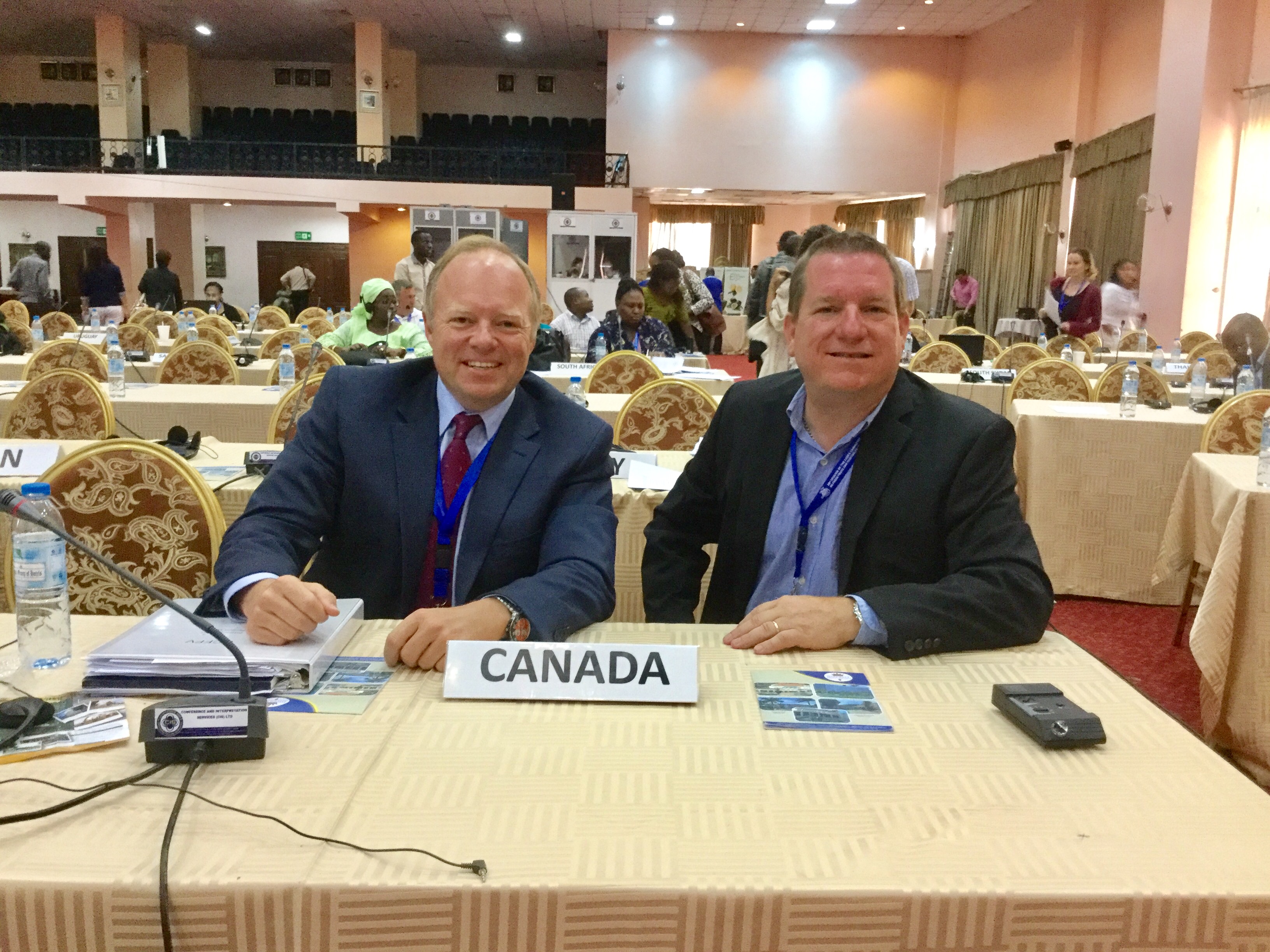Implementation of the Safe Food for Canadians Regulations (SFCR) is quickly approaching and with it, the regulatory requirement for a DRC membership for Canadians.
SFCR is expected to come into force late spring or early summer. Once implemented, a DRC membership is mandatory for Canadians who buy, sell, import or export fresh fruits and vegetables with few exceptions (see below for link to determine if you are exempt).
Under the existing Canada Agricultural Products Act (CAP Act), the current requirement is to secure either a CFIA Produce Licence or a DRC membership to be in regulatory compliance. Under the new regulations, there will only be one option: a DRC membership.
When it comes to SFCR, there are important distinctions: the regulations address food safety and traceability (Canadian Food Inspection Agency (CFIA) licence) as well as trade and commerce (a DRC membership is required to engage in the trade of fresh fruits and vegetables). All references to licence in the SFCR pertain to food safety and traceability; reference to a DRC membership pertains to trade and commerce. DRC’s role and responsibility within SFCR relate only to trade and commerce.
What do Canadians need to do?
- Be aware of, and understand, the SFCR regulatory requirement for a DRC membership to buy, sell, import or export fresh fruits and vegetables.
- Visit the DRC website and refer to the self-assessment tools to determine whether you are subject to the regulatory requirement or are exempt. https://fvdrc.com/sfcr/
If you are exporting to Canada, ensure that you sell to or buy from a DRC member.
For additional information or to schedule a presentation from a DRC team member, please contact:
DRC Help Desk | 613-234-0982 | [email protected]




